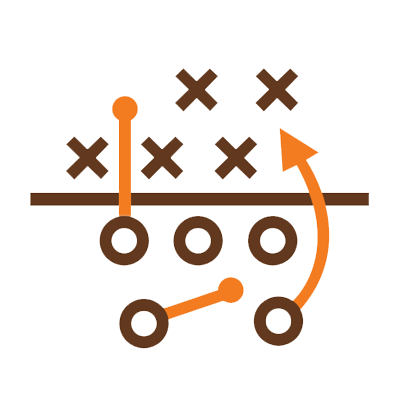Failure To Launch Program.
Is Your Son Struggling? We Build Healthier, Happier, and Stronger Men
Over the last thirteen years, we have helped struggling young men who are failing to launch become independent. We guarantee our Failure to Launch Program will work for your son!
Does he qualify for our program? Call or fill out the form below.
or
Complete the Questionnaire Below

What is Failure To Launch Syndrome?
Young men are becoming stuck and failing to launch. We can help.
How We Help With Failure To Launch Syndrome
Forte Strong is the nation’s premiere life coaching and independent living program for young men, dedicated to treating failure to launch syndrome, and the variety of individual challenges associated with Failure to Launch. Among the issues addressed: are social anxiety, avoidant personality disorder, depression, impulsivity, defiance, ADHD, low self-esteem, technology addiction, and other dependencies that keep young men from launching successfully.
A huge part of success is the belief that success is possible. Forte Strong puts great emphasis on small, but positive steps your son will take towards independence to help nurture that belief. A win, no matter how small, is empowering and enough seemingly small wins add up to HUGE success.

INDIVIDUAL THERAPY
We break down mental barriers hindering success to introduce treatments that foster growth.

GROUP THERAPY
We provide space for like-minded individuals to share challenges, and experiences, and learn coping skills together.

COACHING
We bridge the gap between therapy and reality to produce immediate results.

EXPOSURE THERAPY
We systematically expose them to fears in a controlled way to manage anxiety and sustain continued development.

REPEAT
We continue the process until we establish healthy habits, develop confidence, and sustain autonomy.
WE HELP SOLVE THE FOLLOWING SYMPTOMS WITH RESIDENTIAL TREATMENT
LACK OF PURPOSE
AVOIDANCE OF SOCIAL SITUATIONS
ADDICTION TO PORNOGRAPHY
CONSTANT VIDEO GAMES
HARD TIME HOLDING DOWN A JOB
UNABLE TO PROVIDE FOR HIMSELF FINANCIALLY
Our approach has worked for these men…
What We Do -> Failure To Launch Treatment
Video Game Addiction
AKA - Treatment For Depression
Pornography Addiction
Entitlement
ADHD
Social Anxiety
Avoidant Personality Disorder
And All The Other Factors That May Play A Part In Your Son's "Failure To Launch"


